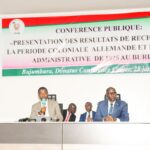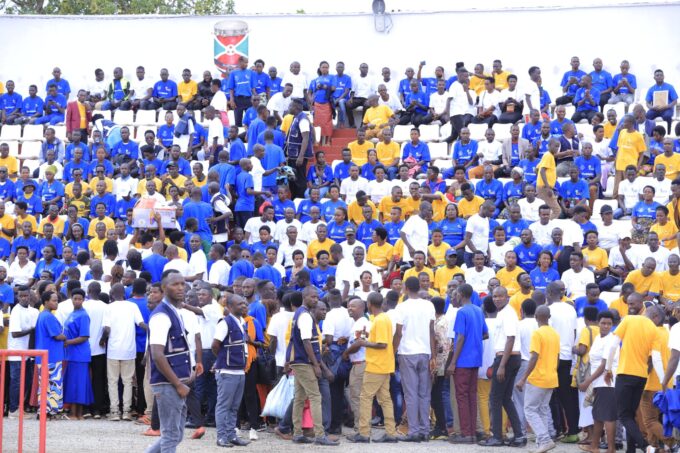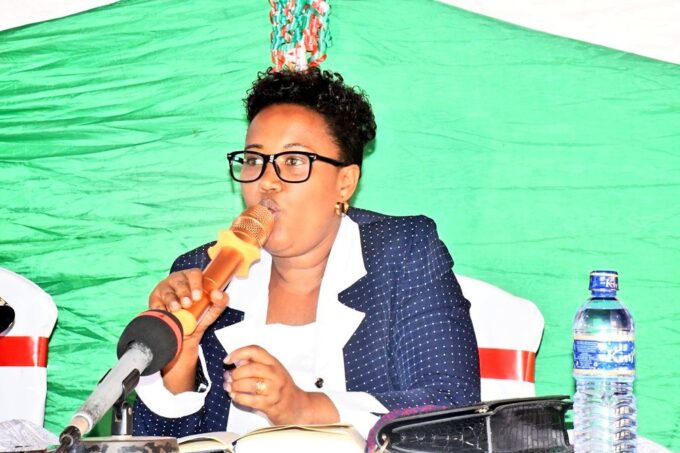Burundi’s telecom companies, including Econet, Lumitel, and ONAMOB, have expressed growing frustration over the worsening shortage of foreign currency and fuel, citing these issues as the primary obstacles to providing reliable services to the population. The complaints were voiced during a meeting held on Tuesday, in Bujumbura, chaired by the Minister of Interior, Community Development, and Public Security, Martin Niteretse, alongside the Minister of Communication, Léocadie Ndacayisaba, and other key government officials.
The meeting sought to address the deteriorating state of telecommunications in the country, where citizens have long criticized the poor quality of services, including slow internet speeds and network outages. Recent government reports revealed that over 60% of Burundians are unable to make basic phone calls, let alone access internet services.
Nepias Njaravaza, CEO of Econet, highlighted that fuel shortages and the lack of foreign currency are crippling their operations. “Everything we do to deliver services to citizens depends on fuel. On top of that, 48% of our revenues go directly to the government, leaving us with only 52% for reinvestment in technology and fuel,” the collective of Burundian bloggers Yaga quoted him as saying.
Similarly, Sixte Niyuhire, Director General of ONAMOB, pointed to expensive internet equipment, fuel shortages, and electricity as the major hurdles. “Without sufficient foreign currency, we cannot import the equipment needed to maintain or upgrade our infrastructure,” he said. Lumitel representatives echoed these concerns, emphasizing that the fuel crisis has exacerbated network unreliability.
In response, Minister Martin Niteretse criticized the telecom companies for using fuel shortages as an excuse for poor service delivery. “Fuel has not always been scarce during your years of operation in Burundi. Yet, the population continues to suffer from inadequate services. If fuel is truly the issue, explain why it’s not outlined in the contracts you signed with the government,” Niteretse said.
The minister issued a stern warning to telecom operators, giving them until February 1, 2025, to clear any outstanding taxes, penalties, or debts owed to the government. “If these debts remain unpaid, the police will take immediate action,” he added.
Niteretse also criticized the state-owned Onatel, calling it a “chronically underperforming company” despite receiving billions of Burundian francs in government support. “If you cannot deliver, step aside and let capable operators take over,” he said.
The Interior Minister’s comments come amid growing concerns from Burundians, who have long criticized the poor state of internet services. Many argue that the current conditions make it nearly impossible to run businesses or access educational resources.
The telecom sector’s struggles are emblematic of a broader economic crisis in Burundi, driven by an acute shortage of foreign currency and fuel. These challenges have worsened over the past few years, straining nearly every aspect of daily life and economic activity.
The lack of foreign currency has disrupted imports of essential goods, including fuel, medical supplies, and agricultural inputs like fertilizers and pesticides. Farmers, unable to access these resources, face declining productivity, leading to higher food prices and growing food insecurity.
Fuel shortages, in particular, have led to long queues at gas stations and soaring transportation costs, further driving up the cost of goods and services across the country.








Leave a comment